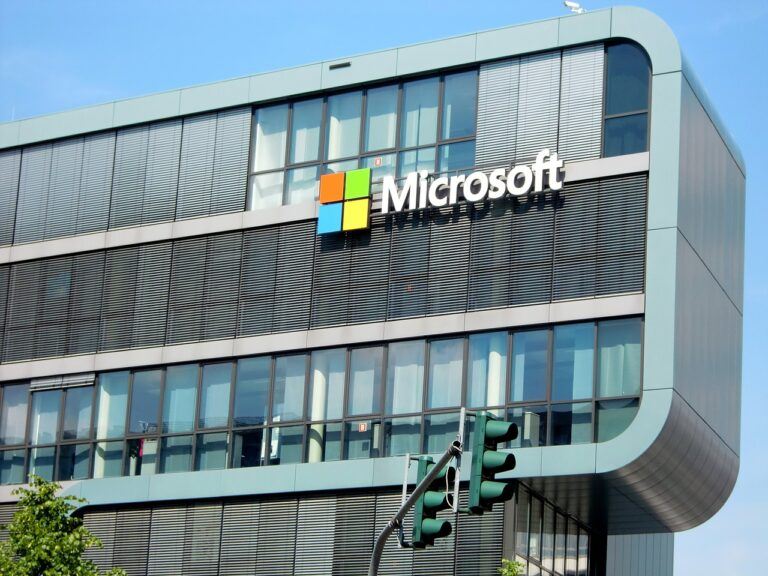Microsoft has announced the launch of the Azure blockchain development kit – which has been developed on the tech firm’s “serverless technologies.”
According to the announcement’s official blog post, the new Azure-based platform “seamlessly integrates” distributed ledger technology (DLT) with Microsoft’s and third-party software-as-a-service (SaaS) solutions.
The DLT-enabled Azure kit provides additional functionality to Microsoft’s existing blockchain developer templates.
Extending Capabilities Of Azure Blockchain Workbench
Moreover, the new blockchain-powered Azure development tools “extend the [current] capabilities” of the Azure Blockchain Workbench – which “incorporates Azure services” for messaging APIs, “off-chain identity and data”, and key management into a “referenced architecture.”
As explained in Microsoft’s blog, the reference architecture can then be used to “rapidly build blockchain-based applications.”
Specifically, the “initial release” of the DLT-powered Azure software development kit (SDK) is aimed at helping to connect different interfaces, deploy smart contracts and blockchain networks, and “integrating data and systems.”
Connecting A “Heterogeneous Set Of User Interfaces”
Marc Mercuri, the principal program manager and head of blockchain engineering efforts at Microsoft, mentioned that:
To deliver end to end blockchain solutions for consortiums, developers need to enable organizations, people, and devices to connect to the blockchain and do it from a heterogeneous set of user interfaces.
Notably, the Azure-based development kit includes SMS and voice interfaces for monitoring supply chain management systems, is able to integrate with Internet of Things (IoT) devices, and provides functionality for Android and iOS mobile clients.
Mercuri also noted that the company’s newly released software tools will be compatible with the Ethereum (ETH) and Bitcoin (BTC) blockchains.
To help programmers get started, Microsoft has published a whitepaper that explains how to use the SDK to build decentralized applications (DApps).
Working On Blocking Spam Calls With Blockchain
In August, Microsoft partnered with India’s Tech Mahindra, a large IT solutions firm, in an effort to prevent spam calls by using blockchain technology.
The spam-blocking solution is also being developed on Microsoft’s Azure platform and it will utilize the company’s cloud computing services.
Additionally, Microsoft is currently working on developing blockchain-enabled identity management solutions.
As CryptoGlobe reported last month, the developers of Amazon Web Services (AWS) partnered with Singapore-based blockchain development platform, Qtum, – in order to use Amazon’s cloud computing network to deploy smart contracts.









